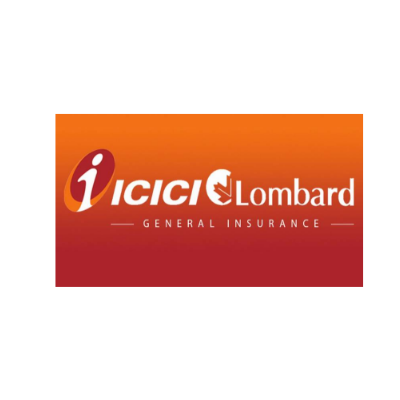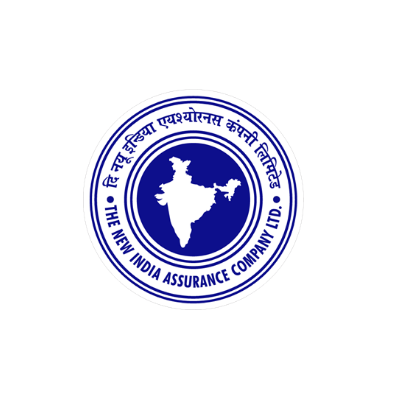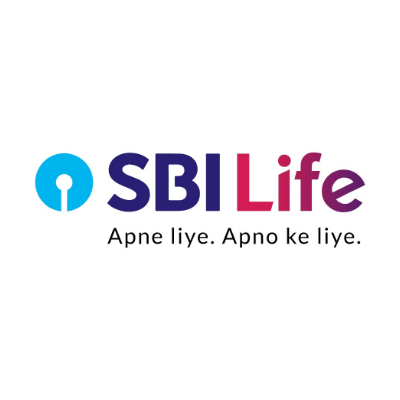WHAT IS HEALTH INSURANCE PREMIUM
Health insurance premiums play a crucial role in the insurance industry, providing financial protection for individuals and businesses alike. These premiums are the payments made to insurance companies in exchange for health coverage.
In this article, we will cover everything you need to know about health insurance premiums, including how they are calculated, the factors that influence their cost, and their importance in securing health coverage.

What are Health Insurance Premiums?
A health insurance premium is a fee to pay to the health insurance company in exchange for coverage. The amount of the premium is based on the type or plan of insurance you select.
Let’s make it clear from the example below.
Nilesh purchased individual health insurance from an “XYZ” health insurance company worth Rs. 10 lakhs. To avail of its benefits, he needs to pay the premium of Rs. 10,000 per year to the insurer.
Likewise, Nilesh can purchase an insurance policy for his family, too.
Health insurance companies provide various insurance plans with different fee structures. Each serves a different purpose. You can select the one that you can afford and require. On buying an insurance plan, you need to pay the premium yearly. Monthly basis premium plans are also designed for policyholders. The accumulated amount will be given to you by the insurance company in case of an emergency, provided that the incident is permissible as per the insurer.
How are Health Insurance Premiums Calculated?
Insurance companies provide various types of health insurance such as individual, family, group, senior citizen, and so on. Every policy type comprises different premium values. The involvement of multiple factors proves helpful to calculate the health insurance premiums. Determining premiums includes the following technical approaches-
- Market research
- Risk management
- Understanding historical data
- Predicting Claims for Future
- Studying statistical models
Assumptions are made on account of analyzing all these aspects.
Additionally, IRDAI has introduced the following new health insurance guidelines.
1. Policy Approval for All Age Groups
Previously, there was a certain age limit to acquiring an insurance policy. As per the new IRDAI regulation, people crossing 65 can also get the policy. The rule has been made in favour of senior citizens to avail benefits in medical emergencies.
2. Waiting Period Reduction
The waiting period for getting the benefit of pre-existing diseases was 4 years. Now it’s reduced to 3 years. Owing to this, policyholders can get the cost of treatment for diseases like diabetes or hypertension.
3. Inclusion of Severe Medical Diseases
As per previous laws, the coverage for diseases like cancer and AIDS were omitted. But, now, as per the recent changes, insurers are asked to include such severe medical conditions in the policy. High-risk policyholders can get this financial protection.
4. Support for AYUSH Treatment
AYUSH (Ayurveda, Yoga, Naturopathy, Unani, Sidhha, Homoeopathy) treatment cost gets claimed under the insurance.
5. Personalized Plans in Special Cases
IRDAI encourages insurance companies to alter the plans as per the policyholder’s need. Customized plans are beneficial for children and senior citizens. Getting coverage for maternity is also an advantage. Due to this facility, every single individual is eligible to get emergency coverage.
6. Cashless Facility for Claim Settlement
Insurers are asked to shortlist hospitals providing cashless claim settlement facilities. In this, the guideline on reimbursement claims outside the network hospitals must be made clear.
7. Portability of Health Insurance
Policyholders may port health insurance policy to another insurer without losing benefits from the previous insurer. It happens only when the individuals get unsatisfactory customer service.
By assessing such guidelines, the premiums for different policies can be computed.
Factors Affecting Health Insurance Premiums
Let’s have an understanding of the prime factors determining insurance premiums.
1. Age
The policyholder's age is the primary factor to determine the premium for health insurance. At a certain age, there are a lot of chances to fall ill. Owing to this, the older you are, the more premium you are asked to pay. Senior citizens are considered high-risk policyholders. Young individuals are lower-risk payers.
2. Lifestyle
Premium plans are also calculated based on lifestyle habits. Individuals with smoking and drinking habits have high health risks. Due to this, they need to pay the higher premium. Insurance companies cross-check whether you have such habits or not.
3. Medical History
Medical history is a very obvious factor to keep in mind while calculating the premium. Individuals with high Blood Pressure and Diabetes are the high premium payers. The health conditions that they face may create emergencies. Paying a higher premium would provide a big financial support to them.
4. Policy Type and Tenure
Policy premium is developed based on policy tenure and its type. Which plan you purchase and for how long the policy will remain active determines the premium. For longer policy terms, policyholders may get discounts than the annual one.
5. No Claim Bonus
NCB is again an essential factor in calculating the premium. If a policyholder doesn't file any claims during the policy year, they may receive an NCB in the form of increased coverage or a discount on the renewal premium in the following year. So verifying this factor, one can calculate the premium value.
6. Sum Insured Amount
The Sum Insured is the total coverage amount insurance companies pay to the policyholder. If the company pays a higher coverage amount, then its premium must be higher. But it’s not applicable in all cases.
7. Add-ons
Add-ons are the extra offers to make your policy plan more beneficial. To avail yourself of extra policy benefits, you need to purchase add-ons. How many add-ons you buy is a factor to be considered in the premium calculation.
Conclusion
Factors that impact health insurance premiums are essential to provide fair pricing. Assessing the level of risk, insurers study the facts. It helps them to plan providing coverage accordingly.
Besides, calculating premiums lets the policyholder manage their finances. Precise premium estimation also assists them in picking an affordable insurance plan. Exclusions of health insurance never influence your premium.
FAQs
How to Save on Health Insurance Premiums?
You can save on insurance premiums by purchasing it at a younger age. Premiums are lower if you buy a policy at an age between 20 to 30 years.
Can I Pay Health Insurance Premium Monthly?
Yes, you can choose to pay the premium every month. Insurance companies provide an option to pay EMI for the policyholder’s convenience.
Are health insurance plans with low premiums good?
Low premium insurance plans are attractive. But provides restricted coverage benefits. It is recommended for young individuals for the short term.
What Happens if I Miss a Premium Payment of My Health Insurance?
Missing a health insurance premium payment may cause the policy to terminate, with losing all coverages. To renew it once again takes time and involves complexities.




































